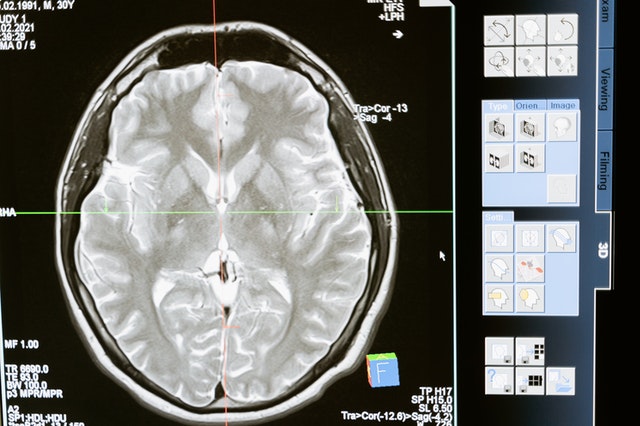A common characteristic of stress is forgetfulness and disorientation. Most people accept that bouts with anxiety or worry will result in diminished cognitive returns. However, many do not realize that chronic stress can affect memory and cognitive health.
According to medical research on people and animals, there is a direct correlation between stress and brain function, particularly with how the brain processes information. Whether real-life stress or manufactured stress in a lab setting, the research demonstrates how stress interferes with attention, cognition, and memory.
Studies also show a correlation between stress, emotional states, and inflammation. The effects of stress are both psychological and physical, and it is common for chronic sufferers to experience health problems, including brain and heart diseases.
The Brain and Stress

Before you can understand the effects of stress on thinking and memory, you must acknowledge some of the fundamental processes of the brain. The brain compromises several parts that perform individual tasks and operate as a whole. Therefore the brain is not a single unit. The general understanding from this singular observation is when one part of the brain takes center stage; the other parts give up some of their collective energy to focus on the primary task.
When in a dangerous, stressful, or emotionally taxing situation, the amygdala, or survival guru of the brain, takes over. The other parts of the brain tasked with memory and higher-order tasks receive less energy, meaning they are less capable at the moment. Many scientists speculate survival mode is the reason people can become more forgetful when under stress, possibly experiencing memory lapses depending on the trauma of the event.
Stress and Long-Term Brain Changes

Chronic stress can rewire the brain over time. During the study of animals, scientists noticed a measurable decline in the activity of the prefrontal cortex and other parts of the brain responsible for higher-order tasks. The results were the opposite for the amygdala and the parts of the brain responsible for survival.
Scientists liken the changes to exercise. A person should expect the muscle groups they focus on to develop more than those they don't. The same happens for someone experiencing chronic stress. The parts of the brain getting the most focus are those associated with survival; therefore, these areas develop while areas tasked with complex reasoning and thought take a backseat.
Differences in Stress Types

You cannot dispute the effect of stress on the brain because it is well-documented. However, determining the type of stress that leads to damage or memory problems is not as clear.
Stress is broadly defined and typically accounts for all variables of the term. Using too broad a definition is problematic because the circumstances surrounding occurrences of stress can vary greatly. For instance, anxiety before an exam is short-lived, and most scientists hypothesize it will not lead to problems later, but the trauma of a car accident can have lasting psychological and physical injuries.
Stress Management Is Necessary for Reduced Risks

The one constant throughout leading research is stress' adverse effects. The best thing people can do to reduce the potential risks of long-term or chronic stress is to find ways to mitigate it.
Mindfulness, meditation, and exercise are all potential remedies for stress. While most people struggle to find personal time in today's 24/7 world, you need to find moments for personal care, even if it is just five minutes of quiet in your office chair.
What are your favorite ways to destress?

